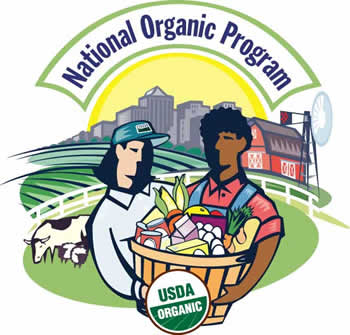in defense of hydroponics

The latest post in our ongoing discussion about the inclusion of hydroponics in the National Organic Production standards comes from Helen Lee, a sustainability specialist, consulting and promoting local and sustainable businesses who currently works as a brand ambassador for a maple water company and holds a Master of Science degree in Sustainable Food Systems from Green Mountain College in Vermont. While her opinions diverge from the Greenhorns' stance that hydroponics should not be included in organic, we've reprinted her submission here today on account of its well-researched facts and the spirit of lively debate. Also, of note, another nuanced opinion in favor of hydroponic inclusion comes from Food Hub manager Michael Powell and appears in the comments section here.
I respectfully and wholeheartedly disagree with Matthew Hoffman's opinion. I have recently obtained my MS in Sustainable Food Systems and, at Green Mountain College, I studied with one of the people who helped write the original NOP standards.
Hydroponics is neither the ultimate nor the hackneyed solution to solving our current food system crises. A better question to pose would be, "when and how do hydroponic systems fit into a sustainable food system?"
It is a fallacy to think that any system, hydroponic or otherwise, can ever be fully removed from its surrounding environment or from the rest of the supply chain. From the construction materials used to the resources utilized in production and distribution, everything is ultimately connected. There can be no one ultimate solution in such an interconnected ecosystem. Furthermore, it is misguided to think the NOP standards specifically focus on soil health or that all organic certifications are equal.
Organic standards do not just affect the soil, nor were the NOP standards written with just soil in mind. The toxic chemicals and practices employed in conventional agriculture affect our entire ecosystem: water, air, microbes, and animals along with soil. The current NOP crop standards prescribe seed/stock choice as well as acceptable nutrient, pest, disease, and weed management options. They prohibit specific chemicals, gentic engineering, irradiation, and sewage sludge. However, they also allow the use of certain synthetic
chemicals as well as the addition of non-organic ingredients in products that carry the "organic" label; even certified organic is allowed 5% of non-organic ingredients. Furthermore, the standards only call for "crop rotation," disregarding the disastrous effects of monoculture on the soil.
Also missing in the NOP standards are guidelines for regional/climate considerations, water management, and any integration of animal and crop production, further disregarding crucial elements of soil and ecosystem health. The NOP standards also do nothing to address energy requirements or high farm consolidation.
A giant organic farm using all monoculture crops and fossil fuel energy inputs may be contributing as much or more damage to the ecosystem and community as a small conventional farm using all permaculture and renewable energy. The take-away here is that the NOP standards do not focus simply on soil health nor do they do enough to ensure healthy soil, much less healthy ecosystems and communities. They are generally
a better option than conventional products, in terms of ecosystem effects, but more must be considered in a truly sustainable agricultural system. Therefore, I believe hydroponic systems can and should carry the organic seal if they meet the organic production standards; it does not diminish organic crop farmers or organic crop production standards. The NOP standards and organic standards in general are indeed widely misunderstood.
https://www.ams.usda.gov/publications/content/organic-production-handling-standards
Kindly,
Helen Elizabeth Lee

